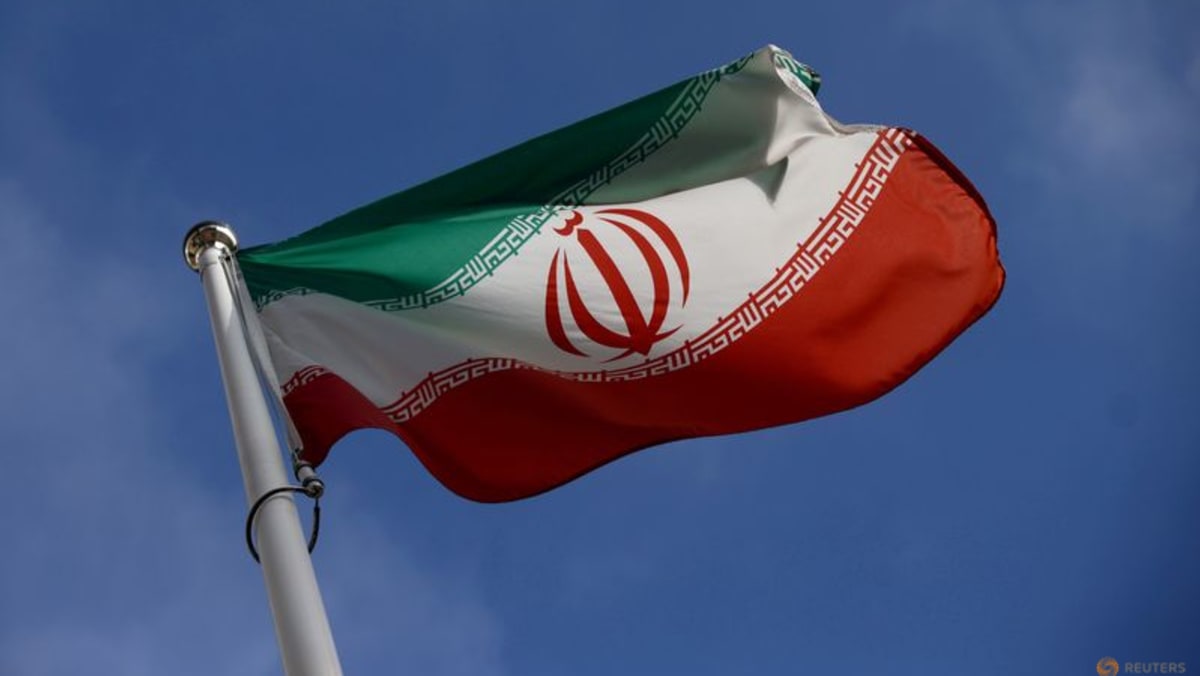Iran says it tests satellite-carrying rocket, US calls move ‘destabilising’
DUBAI :Iran’s Revolutionary Guards tested a new satellite-carrying rocket on Saturday, state media reported, a move the United States called “unhelpful and destabilising”.
Washington fears the same long-range ballistic technology used to put satellites into orbit could also be used to launch nuclear warheads. Tehran has regularly denied having any such intention.
“The flight test of this satellite carrier with a solid-fuelled engine … was successfully completed,” state news agency IRNA reported.
The Ghaem 100, Iran’s first three-stage launch vehicle, will be able to place satellites weighing 80 kg (180 pounds) in an orbit 500 km (300 miles) from the earth’s surface, IRNA said.
Amirali Hajizadeh, head of the Revolutionary Guards’ aerospace division which developed the Ghaem 100, said the rocket would be used to launch Iran’s Nahid satellite for the telecommunications ministry, state media reported.
Saturday’s operation tested the first sub-orbital stage of the rocket, the reports said.
In an emailed response to the Iranian announcement, a spokesperson for the U.S. State Department said: “Such actions are unhelpful and destabilising.”
“The United States remains concerned with Iran’s continued development of space launch vehicles (SLVs), which pose a significant proliferation concern,” the spokesperson said.
“SLVs incorporate technologies that are virtually identical to, and interchangeable with, those used in ballistic missiles, including longer-range systems.”
The official said launches of SLVs “defy United Nations Security Council Resolution (UNSCR) 2231, which calls upon Iran not to undertake any activities related to ballistic missiles ‘designed to be capable of delivering nuclear weapons, including launches using such ballistic missile technology.'”
Washington “continues to use a variety of non-proliferation tools, including sanctions, to counter the further advancement of Iran’s ballistic missile program and its ability to proliferate missiles and related technology to others,” the spokesperson added.
Iran, which has one of the biggest missile programmes in the Middle East, has had several failed satellite launches in the past few years, blamed on technical issues.
The 2015 U.N. resolution called on Iran to refrain for up to eight years from work on ballistic missiles designed to deliver nuclear weapons following an agreement with six world powers.
Iran says it has never pursued the development of nuclear weapons and, therefore, the resolution does not apply to its ballistic missiles, which Tehran had described as an important deterrent and retaliatory force.
Then-President Donald Trump pulled the United States out of the nuclear deal in 2018. President Joe Biden’s administration had been seeking to negotiate Iran’s return to the pact but recently said it had set aside diplomacy for now because it said Tehran had supplied drones to Russia for use in its war against Ukraine.
Iran acknowledged for the first time on Saturday that it had supplied Moscow with drones but said they were sent before the war in Ukraine, where Russia has used them to target power stations and civilian infrastructure. Ukrainian President Volodymyr Zelenskiy accused Tehran of lying, saying Kyiv’s forces were downing at least 10 of the unmanned aerial vehicles every day.
For all the latest business News Click Here

